Congress sends the Water Resources Development Act of 2022 to the desk of the President
The largest Water Resources Development Act (WRDA) in history was recently passed by the Senate and comes in at a time when our nation needs it most.
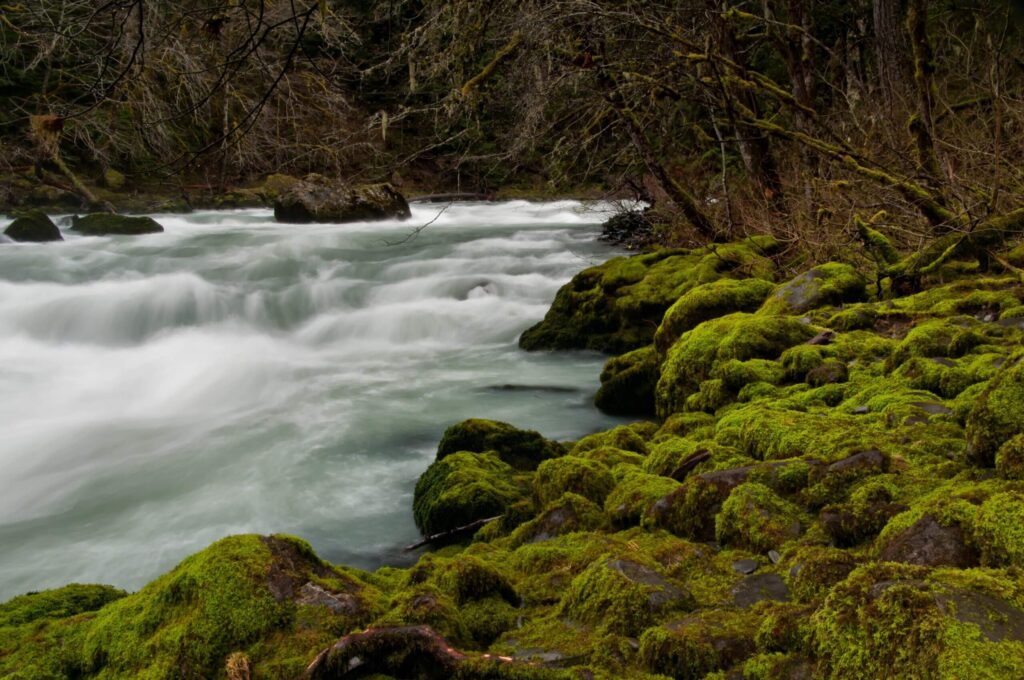
On December 15th, 2022, the Senate voted to pass the National Defense Authorization Act in which the Water Resources Development Act of 2022 (WRDA 2022) is included. It was passed by a vote of 83-11. Last week, the House passed the bill on December 8th with an overwhelming majority of 350-80. It will now go to President Biden’s desk for signing into law.
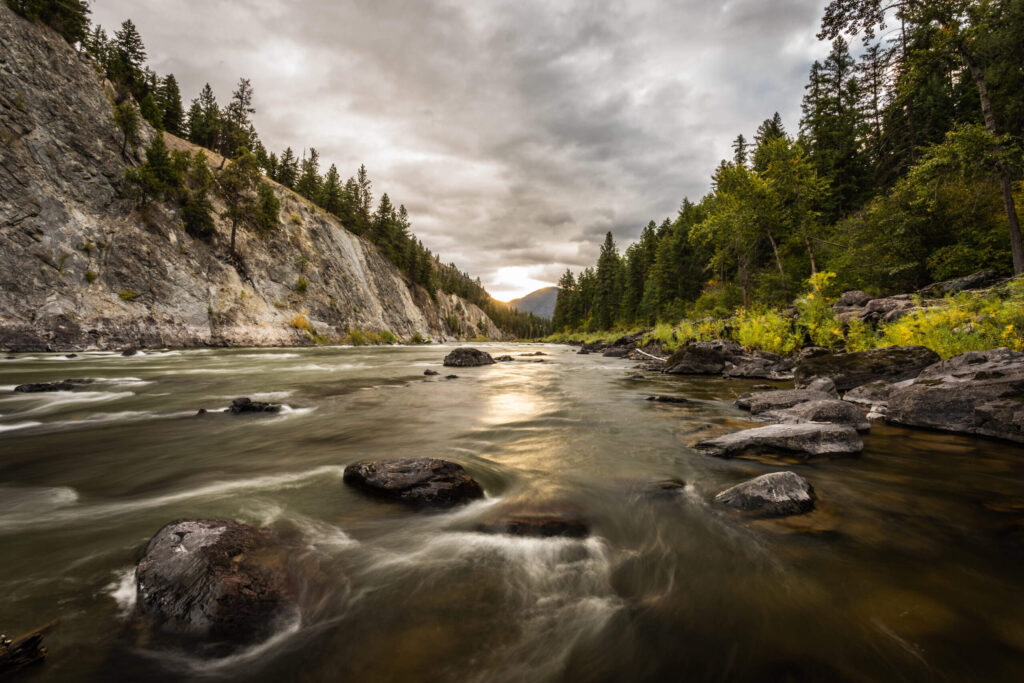
This is the largest Water Resources Development Act (WRDA) in history and comes in at a time when our nation needs it most. The bill provides authorization for the Army Corps of Engineers to carry out water resources infrastructure projects to address flooding, waterway transportation, and ecosystem restoration. Importantly, this bill includes provisions to support Tribal and underserved communities, and address climate change.
American Rivers has worked with Congress to include provisions to protect and restore our nation’s rivers and floodplains. Below are some of the key provisions that we are most excited about.
Sections 8111. Tribal Partnership Program; 8112. Tribal Liaison; 8113. Tribal Assistance; 8114. Cost sharing provisions for the territories and Indian Tribes; and 8115. Tribal and Economically Disadvantaged Communities Advisory Committee are valuable provisions. We support these efforts to improve outreach to, and engagement with, these communities and give them a seat at the table. We are also pleased to see the initiative to build out the Corps of Engineers workforce through outreach in schools, colleges, and universities with a prioritization of recruiting from economically disadvantaged communities. We believe these steps will serve both the Corps and the communities well.
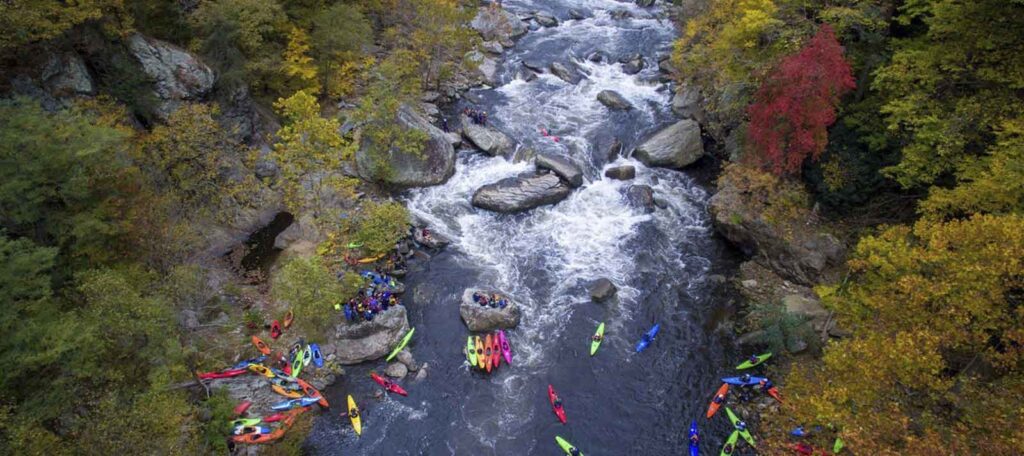
Let's Stay In Touch!
We’re hard at work for rivers and clean water. Sign up to get the most important news affecting your water and rivers delivered right to your inbox.
With climate change impacting the nation, promoting nature-based approaches on a project and watershed level scale is imperative to adapt to increasing floods and water scarcity. WRDA 2022 includes several provisions that will help promote the use of nature-based approaches and better serve and protect our communities while promoting ecosystem resilience through more responsible levee management and floodplain restoration.
Section 8103 – Shoreline and riverbank protection and restoration mission calls for restoring the natural functions and values of rivers and shorelines throughout the United States. Section 8121– Assessment of Corps of Engineers levees, will assess for opportunities for modification of levees, including for restoring connections with adjacent floodplains. American Rivers also worked to include language for the Corps to identify floodplain reconnection opportunities on federal lands. While this provision was not included in the final bill, we will work with the Corps to support sections 8103 and 8121, while continuing to work on getting additional federal levees assessed.
American Rivers worked diligently with our partners at American Whitewater and the Theodore Roosevelt Conservation Partnership to include section 8122- National Low-Head Dam Inventory. This inventory will contribute significantly to public safety as low-head dams are known public safety hazards, and yet not inventoried nationally, and making this information publicly available will help river users identify life-threatening low-head dams. We also hope that this inventory will help the public identify obsolete structures that continue to pose a safety hazard and would be suitable for removal. In areas where dam removal is not an option, we support additional funding to go towards grants for signage and public education about low-head dams
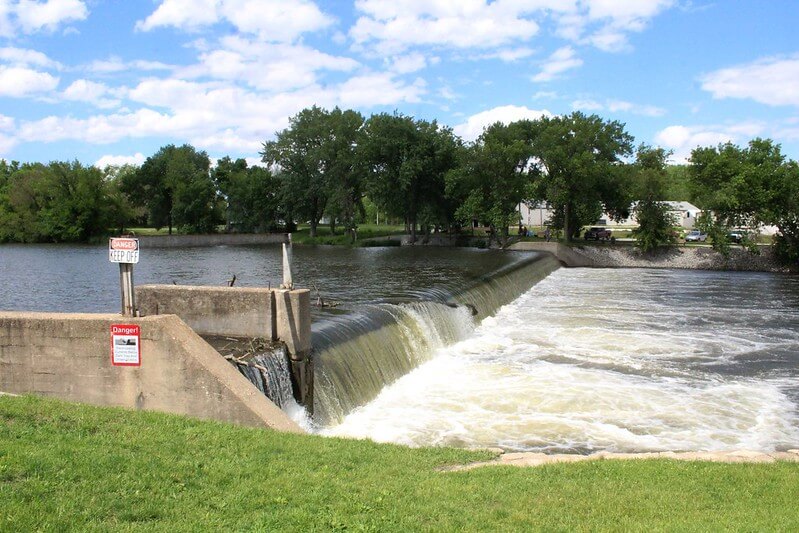
Section 8123– Expediting hydropower at Corps of Engineers facilities, allows for retrofitting Corps dams with hydropower. We support this provision with the understanding that the structures in question are already serving their legislatively authorized purpose and will continue to do so for the foreseeable future. Recognizing that retrofitting a non-powered Corps dam with hydropower is not always feasible, we will continue to advocate for the diligent assessment of these projects and their use to determine if they would better serve the taxpayers, community, and local ecosystem by being disposed of instead of extending their life solely for non-power purposes.
The consideration of reforestation in section 8137 is an exciting and forward-thinking provision that encourages measures to restore swamps and other wetland forests in studies for water resources development projects. This is another important step towards focusing on ecosystem restoration. The benefits of flood control and water quality improvements that come from healthy swamps and wetlands are incalculable.
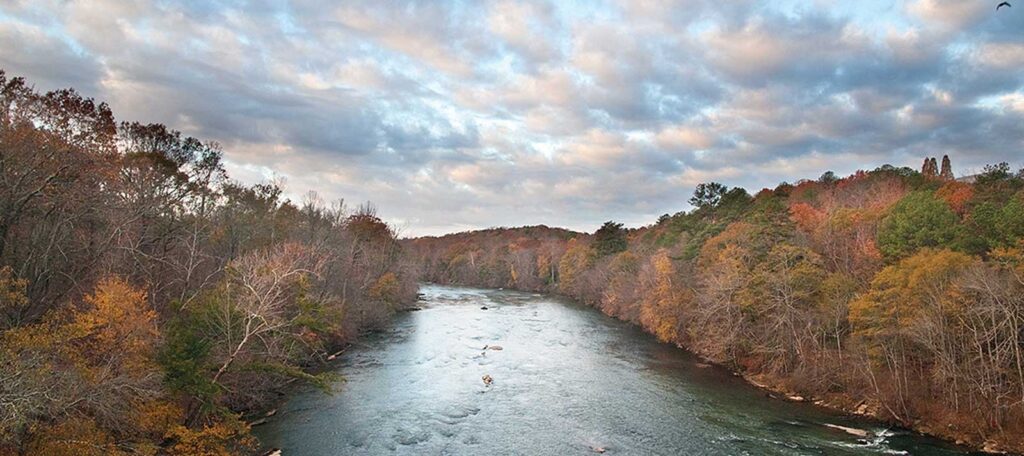
There are several provisions related to river restoration and protection and better river management, including section 8144 – Chattahoochee River Program, section 8145 – Lower Mississippi River Basin demonstration program, and section 8219 – Hydraulic evaluation of Upper Mississippi River and Illinois River. The Chattahoochee River program will provide assistance to non-federal interests for water-related resource protection and restoration projects affecting the Chattahoochee River Basin. The Lower Mississippi program will provide assistance to non-federal interests for projects focused on flood or coastal storm risk management or aquatic ecosystem restoration. The hydraulic evaluation of the Upper Mississippi River and Illinois River basins will provide studies on the flows for rivers in the upper basin, which we hope will contribute to more effective management and restoration plans.
The Government Accountability Office (GAO) studies authorized in section 8236 are encouraging, especially the review of mitigation projects and the evaluation of their performance. These studies will require a report on the results of projects and activities to mitigate fish and wildlife losses that occurred as a result of a water resources development project. Within this section, we also support the study on the integration of information into the national levee database as this information is essential to the management and improvement of our nation’s levees.
We are pleased to see section 8140 – Policy and technical standards directing the Secretary to update the agency standards. With this update, the Corps will have to include climate change and nature-based solutions in their practices. We look forward to the report on the Corps of Engineers reservoirs under section 8153 so that Congress may further evaluate the operation, utility, and future of these reservoirs.
Overall, we applaud the safety and environmental provisions in this bill and the passing of this paramount piece of legislation to protect our natural and engineered water infrastructure and the people that rely on it.
Section by section summary can be found here and the full WRDA bill can be found here.
This blog was written by Katie Schmidt. Jaime Sigaran, Ted Illston, Brian Graber, and Eileen Shader

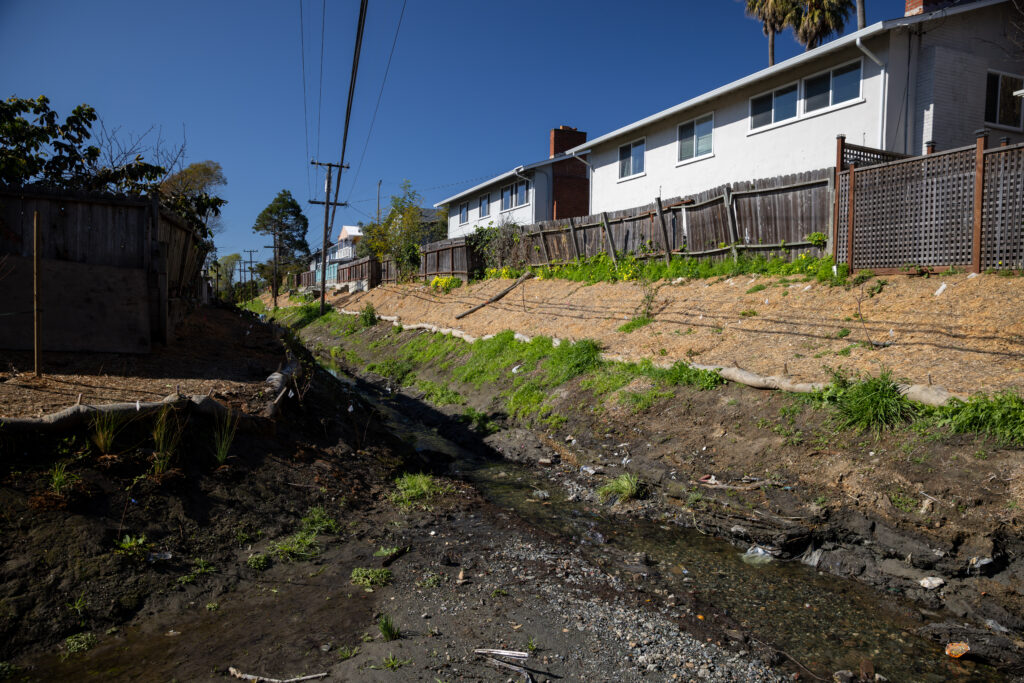

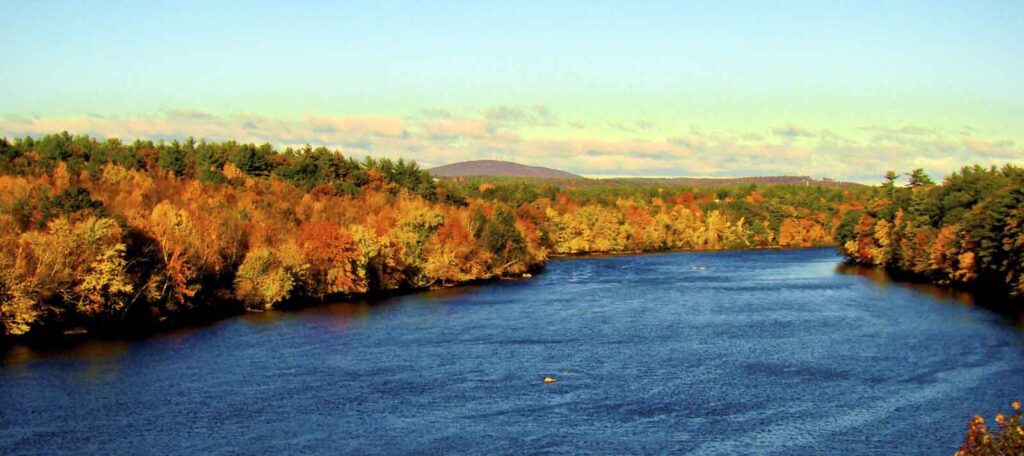
1 response to “Congress sends the Water Resources Development Act of 2022 to the desk of the President”
Thank you for your effort representing tribal and community interest at the Federal Level. This is an impressive update to this section of the law and the missions for the ACOE.